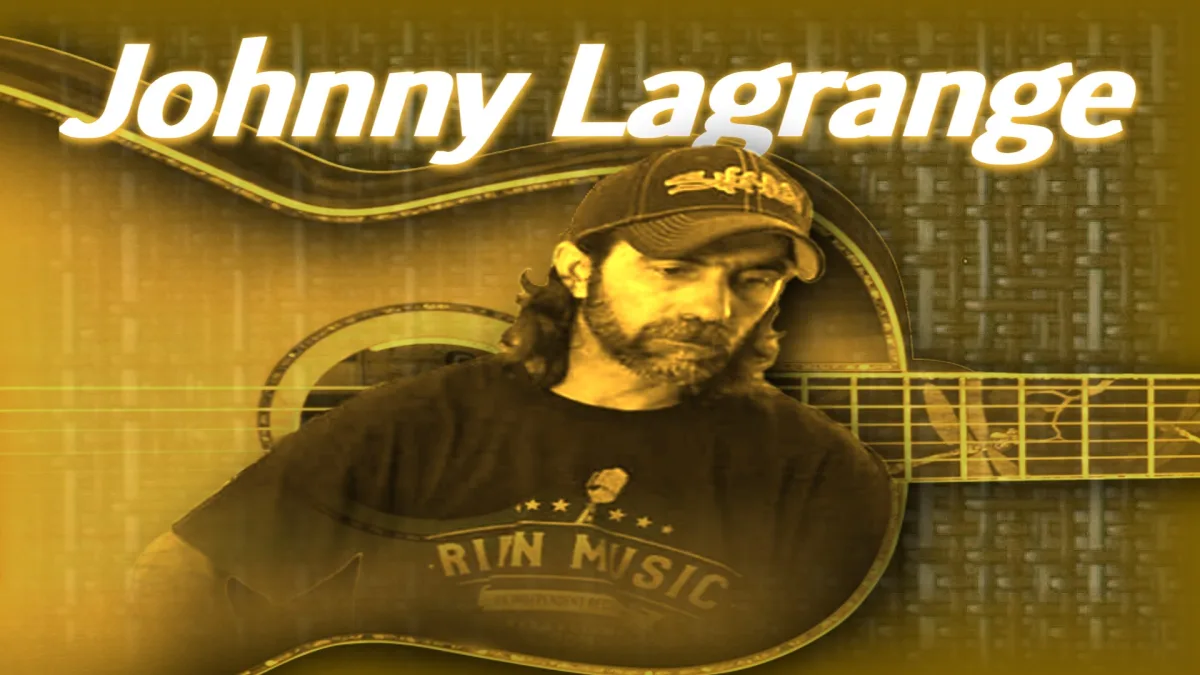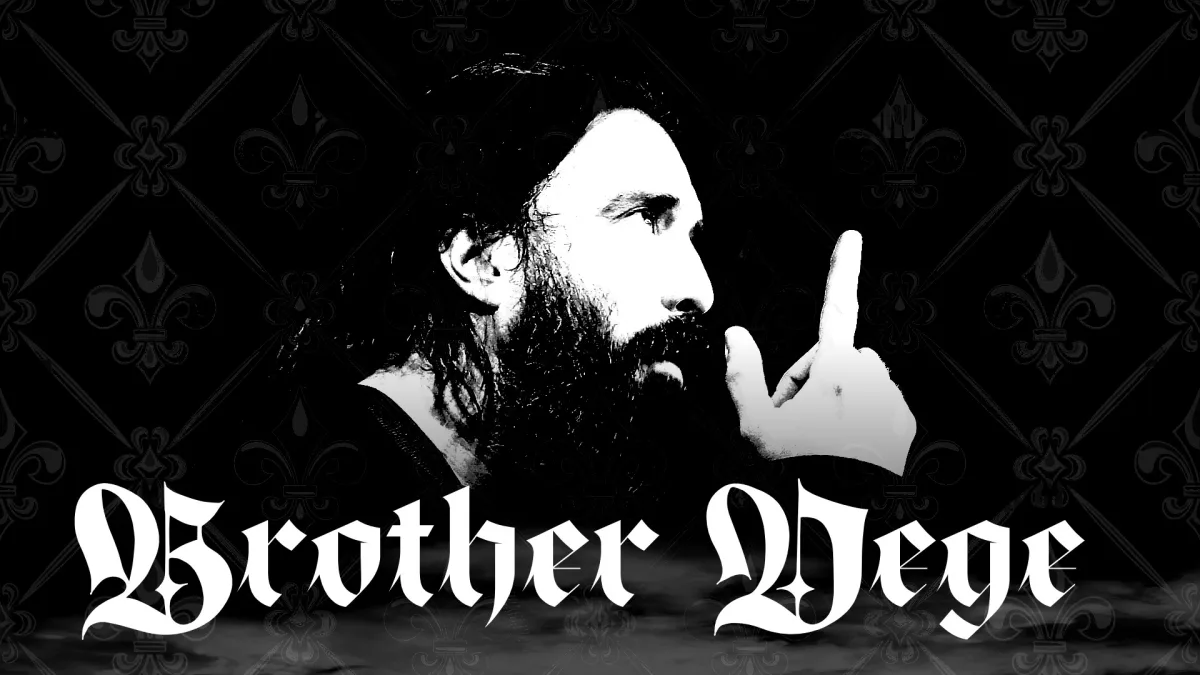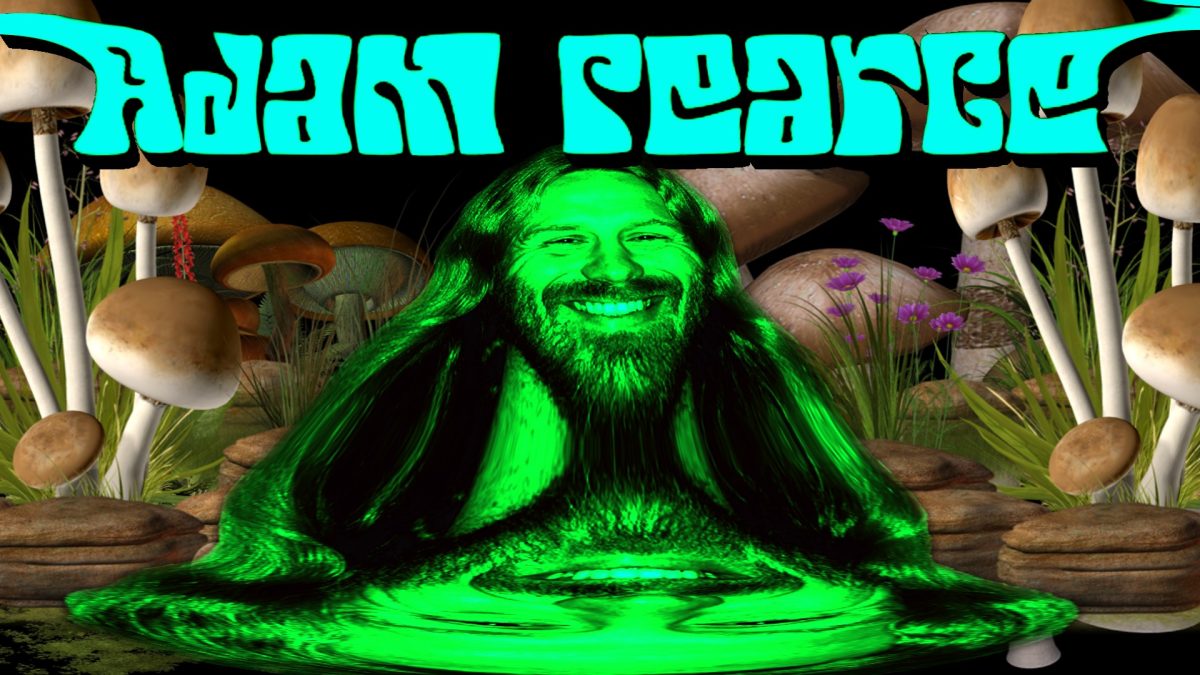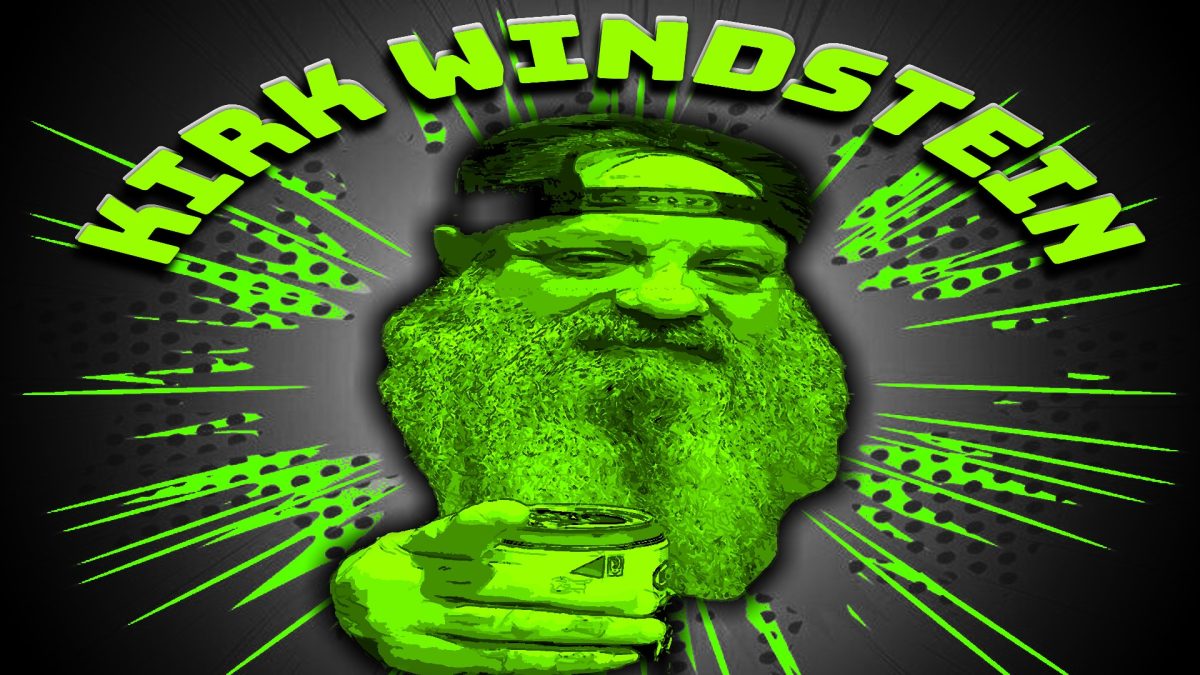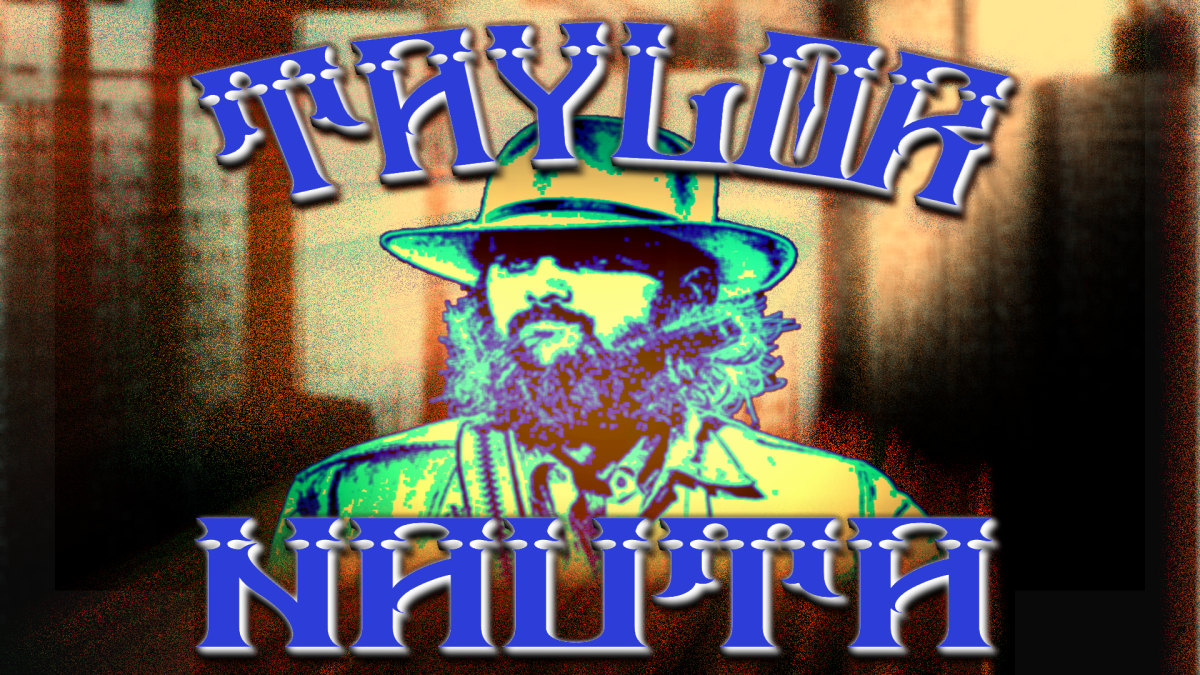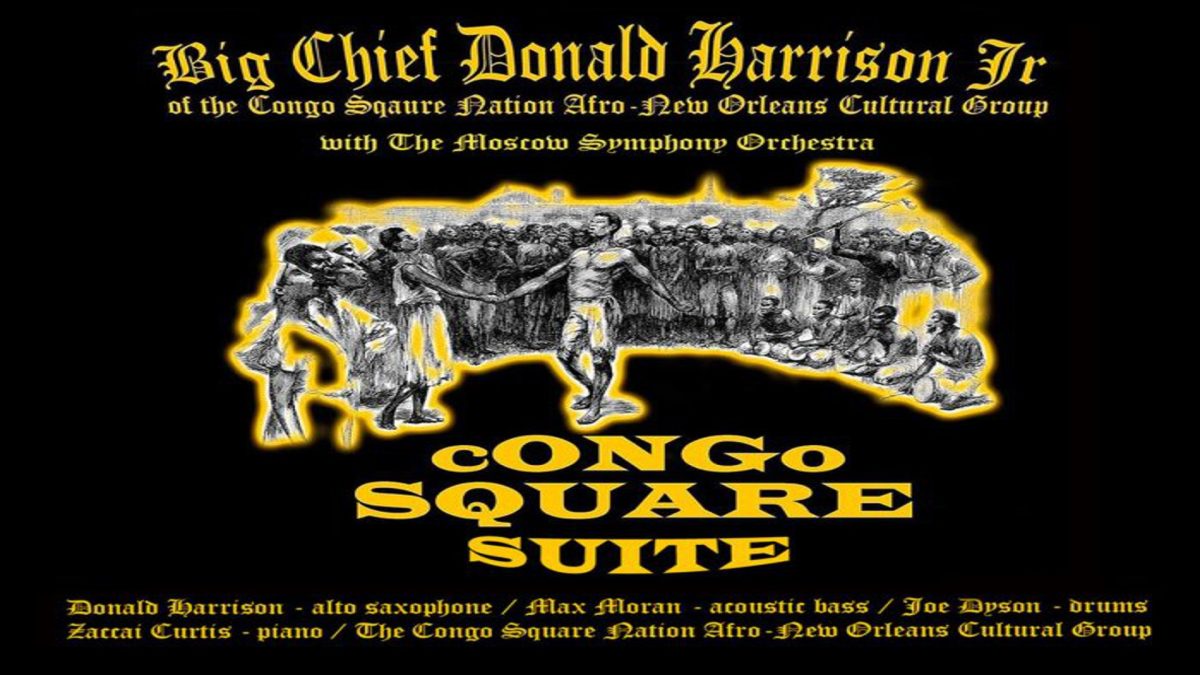The folds of oak leave no room for compromise. The tree, along with every fiber of its being, is a physical manifestation of intention. It grows with strength reaching down to its core and provides for those around it. For the amount of time it took to become all that it is, you’d never know the challenges it faced. Nor would you fathom its path was ever in doubt. From the time he was a small child, Alfred Banks was intent on being an orator. His words cleared paths fraught with challenges of their own. The youngest of three, he derived inspiration from both the passions and pitfalls of his older siblings. Scarface’s album, The Diary, brings him back to times spent riding around in his brother James’ big blue Lincoln. This is where his introduction to freestyling occurred. And efforts into perfecting his penmanship harken memories of his oldest brother, Orlandis. The one-on-one moments spent with people he looked up to are ones he will forever cherish. From both, he experienced introductions to rappers like Tupac Shakur and Busta Rhymes. Inside the house, their mother played the gospel music of artists like John P Kee and Hezekiah Walker. These influences were the seeds from which Alfred’s career would grow.
With both brothers striking out on their own, a young Alfred would become an only child for ten years. Under the watchful eye of his mother, he was not permitted to run the streets at will. He spent the bulk of his time inside, in his own mind, playing out the possibilities a life in entertainment might hold. Memorizing James Brown moves or dressing up like Will Smith and Martin Laurence in Bad Boys would be the activities that filled his days. As time went on, he could see himself alongside Redman in the I’ll Be That video. He envisioned an existence keeping lyrical pace with Busta Rhymes in the Gimme Some More video. And it was easy to image his place in Jay-Z’s Hard Knock Life video. Watching Mtv and BET, emulating, writing; he was the star of the show in his mind.
At some point his oldest brother Orlandis briefly returned from the Marines. Alfred recalls one of few family reunions he experienced as a child on the lakefront of Lake Pontchartrain. “This had to be like, 2000. He had a Mazda 626, a green one. I remember that. And he had this big ass binder of CDs, back when that was the thing to have. And I remember him playing instrumentals in the car, those single CDs that they used to have, the record, the censored version, and the instrumental. So, he had a bunch of those and he would just put the CD in and just play instrumentals. We’re on the lake and I remember I’m nine years old. James is freestyling, Orlandis is rapping, and I’m freestyling. And everybody is just so impressed with me because I’m rapping at nine years old.” Alfred also associated this craft with a certain degree of respect. He’d recognized this on an outing with Orlandis to a recording studio once. He observed the resulting camaraderie and rappers’ abilities to move crowds as a politician or pastor might possess. Though the next few years would see him experimenting with basketball and wrestling, lyricism would never leave his mind. He was good at it. He didn’t care much for all the rules of basketball. And he tried his hand in two backyard wrestling matches, knocking himself out. He longed to impress his brothers and rapping held the key.
At fourteen, his focus was final. He heard Food & Liquor by Lupe Fiasco and he knew he was going to be a rapper. With no way to make beats of his own, consulting his brother Orlandis gave him the idea to draw from the CDs in his house. A metamorphosis began to occur here in that, where once he was writing rhymes to impress his family, now he was writing rhymes to battle the rappers on these CDs. The question of IF had vanished and an imaginative boy was becoming more sure and more serious, measuring himself up to the likes of Marshal Mathers.
Like many with a small stature, Alfred was teased a lot in school. Moving several times meant new schools and seemingly more foes than friends. These developing verbal skills would enable him to shoot back at schoolyard taunts. At some point Alfred remembers feeling, “different”. He recalls trying to explain this to his mother. He was unaware of the existence of conditions like bipolar or depression at that time. He was unsure why he sometimes felt like he wanted to die. His mother would do her part to get him help. But with him, as in the past, his pen would surely escort him through these times. Through this, another facet of his lyrical style would develop, emotional vulnerability. This is one I believe to be the most valuable, one that elevated his repertoire and made him salient. Because the industry, let alone his atmosphere, was wholly intolerant of such a characteristic in MCs. The court of public popularity spared little reprieve for conscious rap, a style of lyricism denoted by introspective thought. The emotional and intellectual content sought to reveal another dimension of an MC’s ethos outside of what had become a redundant discussion of material wealth, violence, and machismo. MCs like Common, Black Thought, and Talib Kweli enjoyed some commercial success. Conscious collectives like the Lyricist Lounge were inching up the bottom of Billboard. But these instances were anomalies back then.
For Alfred to choose a path less travelled was a brave step in my opinion, and an unlikely one. We develop socially in the presence of others. Judgement is abundant, weighing heavily on youth. The two musical factions seldom comingled. One lyrical style had become the media darling. Still, he chose the other. And I suspect it was because it mattered that much to him. His deep respect for the art implored him to fill his notebooks with matters that hit close to home. Delving into his catalog, fans will find bits of his personal trials scattered throughout. One example was preceded by an eight-to-ten-year span where he did not hear from his oldest brother Orlandis. He later found out it was due to schizophrenia, which ultimately resulted in Orlandis’ death. Alfred’s album, Beautiful, released in 2017, was a concept album conceived on the car ride leaving that funeral where he develops schizophrenia and experiences the illness firsthand. Fights at school, alcoholism and altercations at home, and relationships plagued by turmoil all were revisited with his pen. He wasn’t sure how to put the experiences into words. So, he wrote about the feelings emerging from those experiences.
Personal revelations like these on record nurture humanity and champion the importance of discussing the traumatic experience over a braggart’s tale. In this, Alfred has created value through connections to his fans. Over time, he’s seen them drive from states away to attend his concerts, bringing gifts and stories of how his works have affected them. In our talks, he expressed his unwavering appreciation for these moments. He was also careful to point out the distinction between real life interactions like these and vanity metrics on streaming and social media. But he can’t help but acknowledge the hindrance delivered to him by a less-prevalent sect of rap music in a town with no clear organization or stronghold on the industry. Alfred has been in active pursuit of his rap career for fifteen years. During that time, he’s toured from the west coast to Europe, he’s charted on iTunes and Billboard. His songs have been featured in movies and television shows. He was even nominated for a Grammy. He’s ghostwritten for some of the most legendary artists in New Orleans. He’s shared stages and received praises from big names in the industry. But still the efforts extended have often times fallen short of the financial reward.
He’s lived through the highs and lows that come with being an entertainer. As Alfred explained, “I had to grind tooth and nail to make the name that I have. Lots of shows in New Orleans being disappointed where it’s like, fifteen people show up. You’ve been promoting for a month and a half, two months, and then like thirty people come out. But then the next day you perform at Voodoo Fest, opening for Kendrick Lamar.” He explained further, “You’ll be big one moment and then be reminded how big you aren’t literally the next day. Like, performing at Bayou Boogaloo and then the next day clocking in at my day job; all these different struggles that I’ve had to go through. Or, having to run in a room and having to out-rap everybody in a room. In every room I’m in, I’m having to prove myself. Every space I’m in I have to show everyone ‘cause I’m always the least known person in every room I’m in.”
The fickle nature of success can be just as fickle as the spectators that gather to see what he brings. Recently, he’s experienced a refreshing response from his alliance with twice Grammy nominated musician Albert Allenback, currently of Tank and the Bangas, in a project known as SaxKixAve. To the equation, Albert presents as a multi-instrumentalist both inspiring and challenging Alfred. The two have gone viral several times over and have made appearances at The New Orleans Jazz and Heritage Festival, the French Quarter Festival, and in a Popeyes commercial. The lyrical style of Alfred’s solo career was more embodied by heavy, personal content. For putting all those all those hardships to paper, he didn’t catch the gleam of commercial success for the first eight years, about the time he was named the face of Volkswagen in their Polo/Beats by Dre Commercial Campaign. And it was just two years ago was when he felt like he had finally created a name for himself. In contrast, SaxKixAve comes along and within three years is performing in Aspen, Colorado at the X-Games. And lighthearted songs, like a recent one about hashbrowns is rapidly enjoying great success. Does that bother him? Alfred offers this resolve, “Here’s the deal. With SaxKixAve, after we went viral man, we’ve been doing shows across the U.S. People are coming out, dude. Like, people are buying tickets to see us. They’ve never seen us before. They’ve only seen us on the internet. And we don’t even have a hit record or nothing. We have songs, two songs specifically, that have kinda done well. But we don’t have a hit. And, so like, these people are taking a chance. And what we’re finding is, they like the deeper stuff more than Hashbrowns.”
In retrospect, the lyrical levity and dry-humored oddity of their videos on social media has simply been what’s sparked initial interest. While the musicality and verbal depth is what cemented their appeal in the minds of the public. At no time, though, has Alfred bowed to the communal fixation on nonsensical antics. For him, this is a point of pride. And rightfully so. We’ve all rolled our eyes at the extent to which people are willing to go to get those likes and shares. Aside from being ridiculous, content like this is not born out of the genuine creative value of an artist. It is the result of efforts spent pandering to the faceless consensus. Alfred Banks exists devoid of vanity or falsehood. And, by all means should he be held as a wellspring of creative dignity. His spirit is the very embodiment of the independent New Orleans musician.
Author: David Trahan
Alfred Banks: https://www.underdogcentral.com/
SaxKixAve: https://www.saxkixave.com/




















